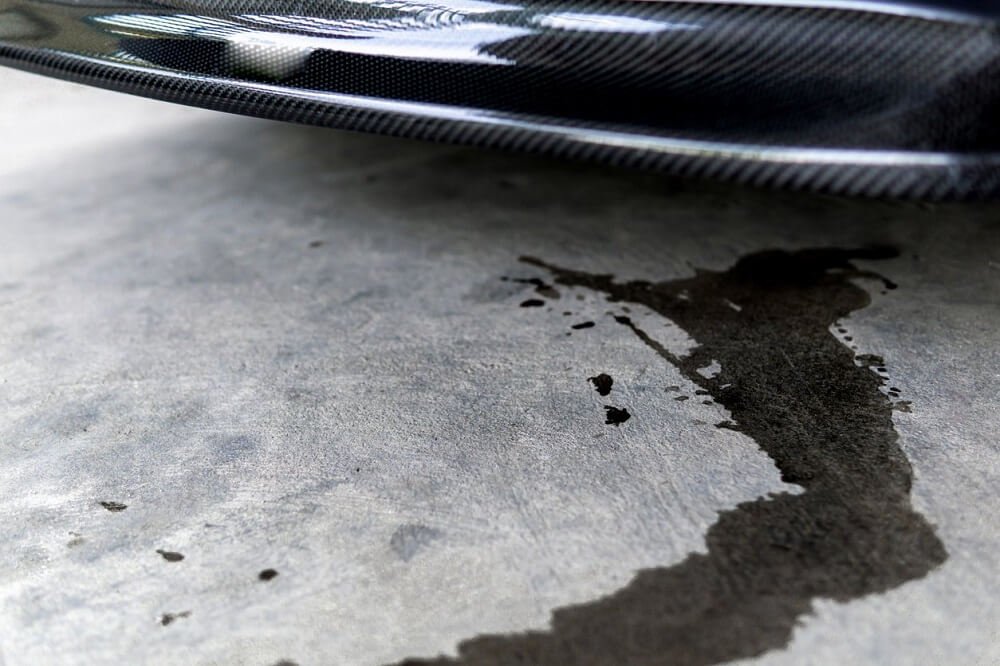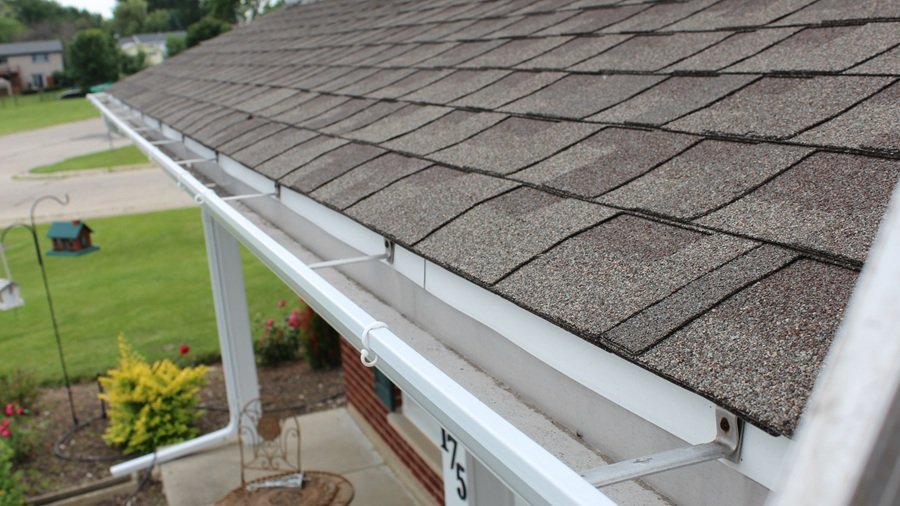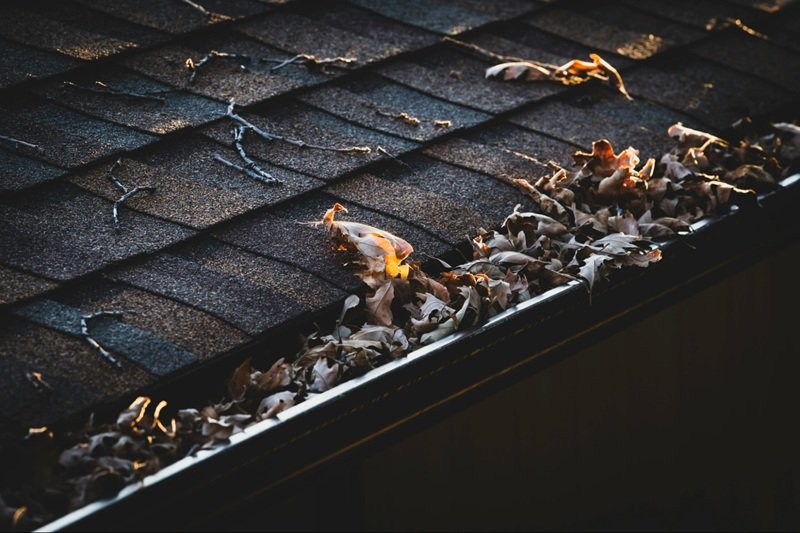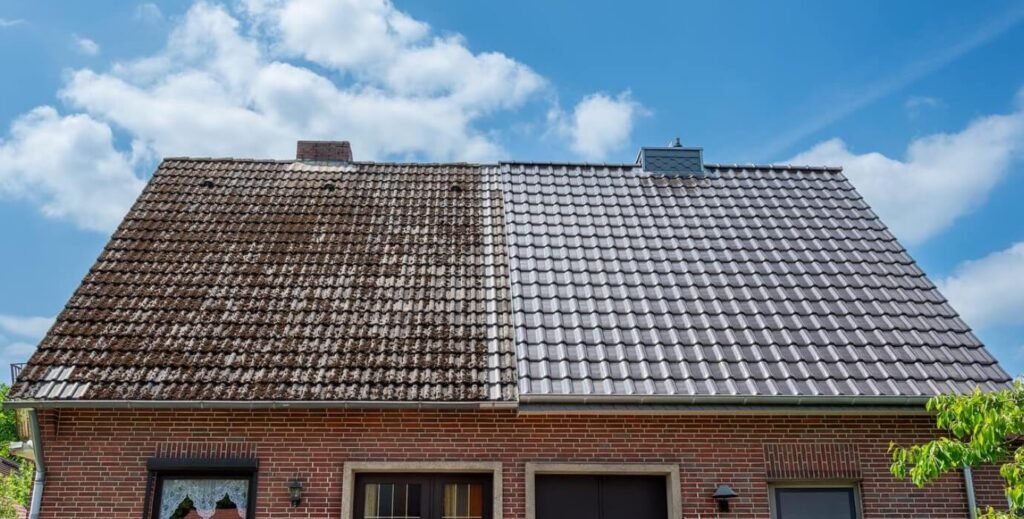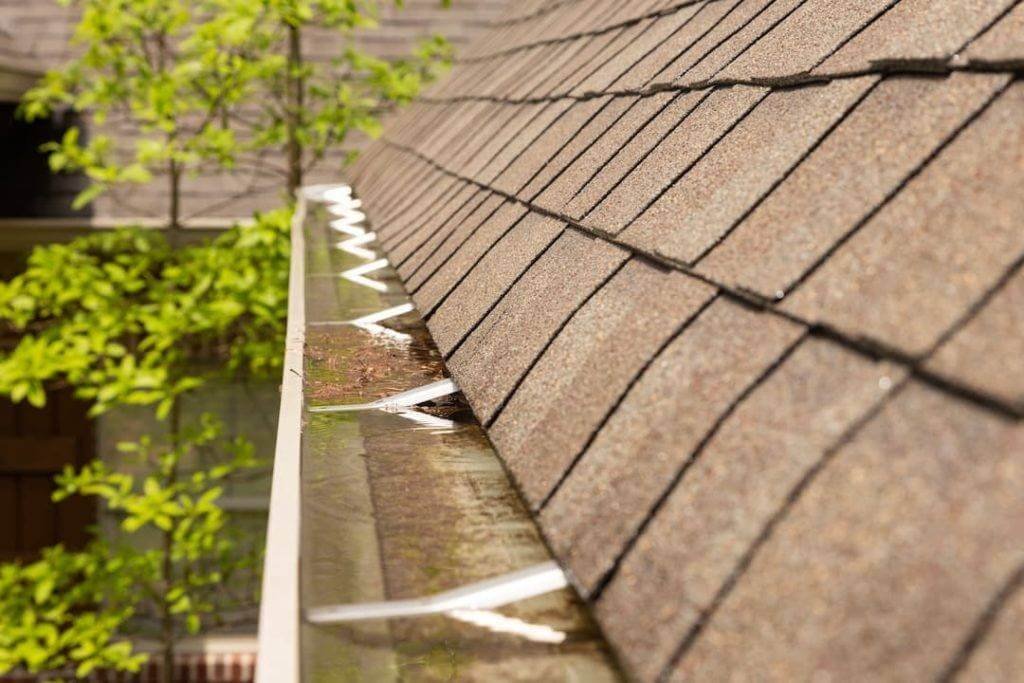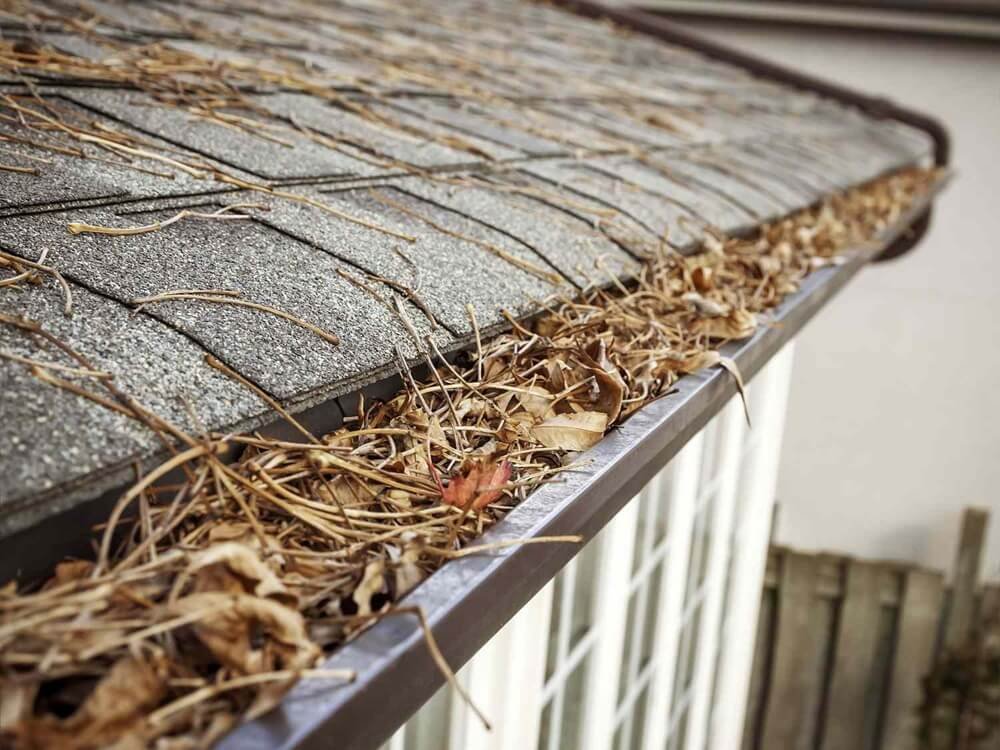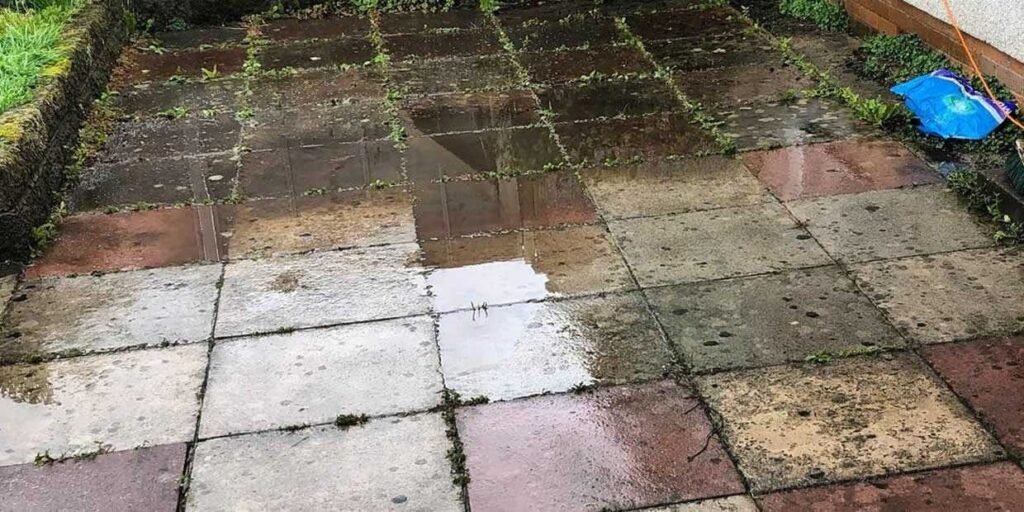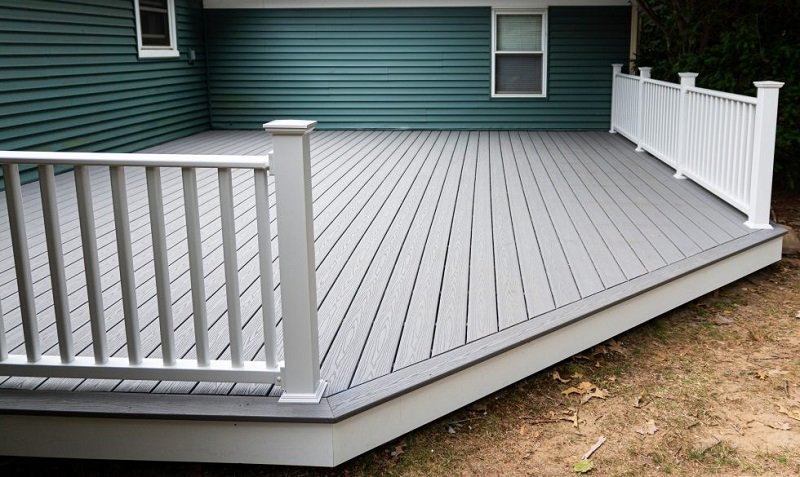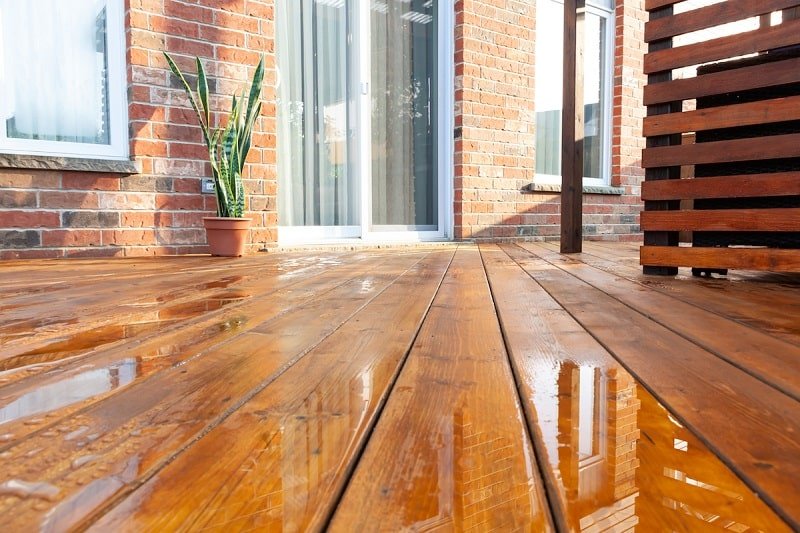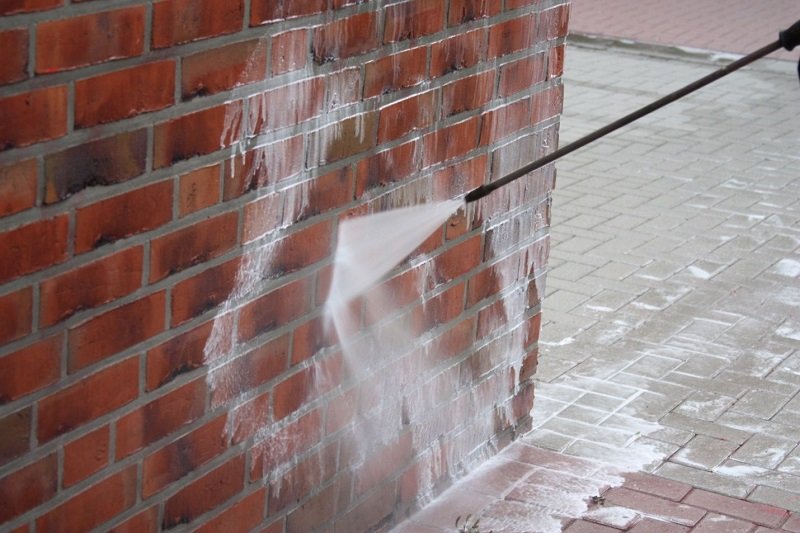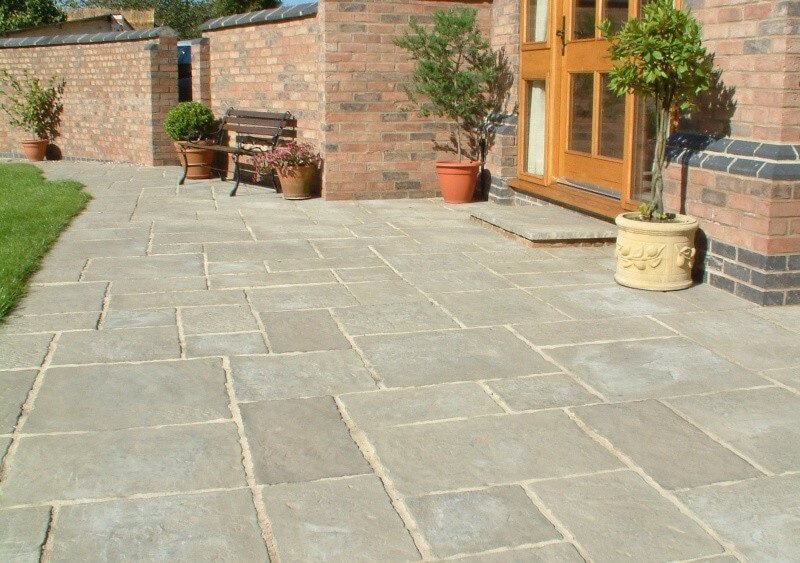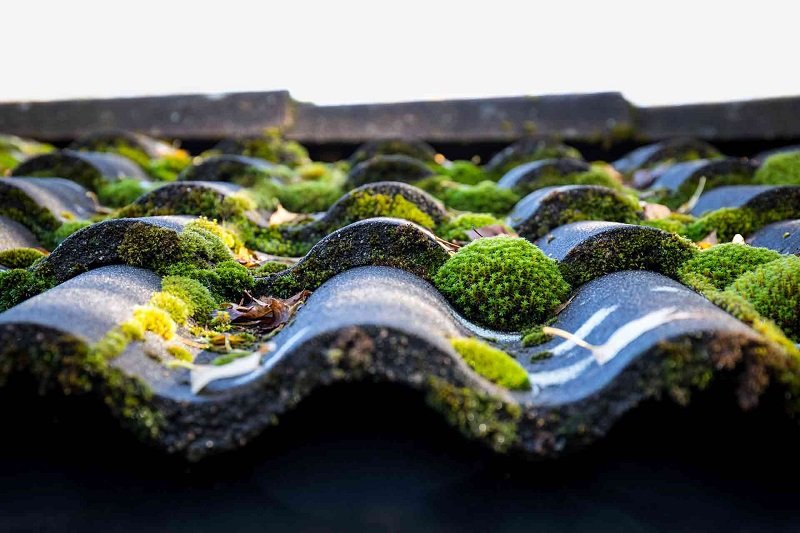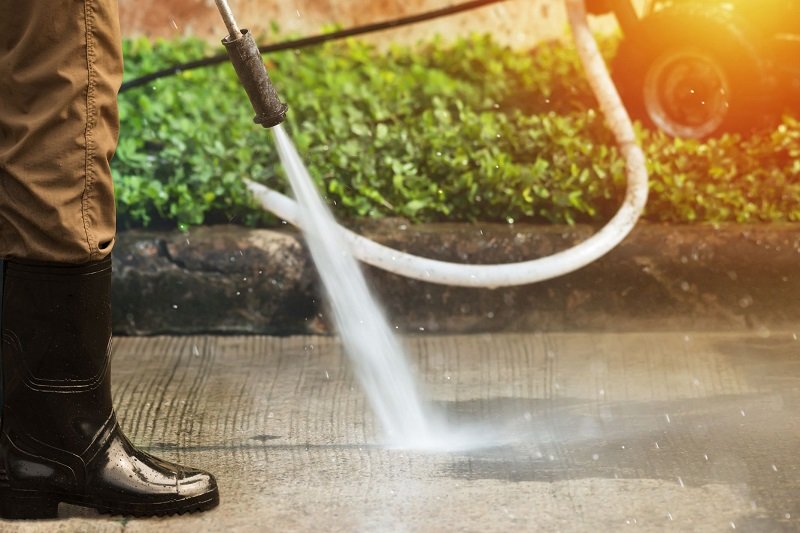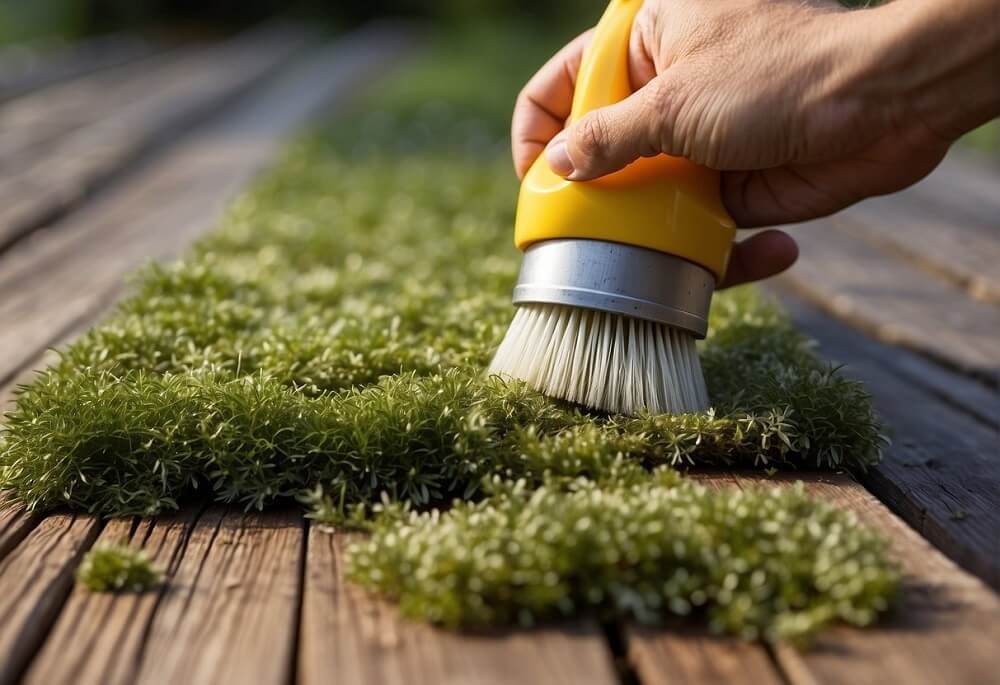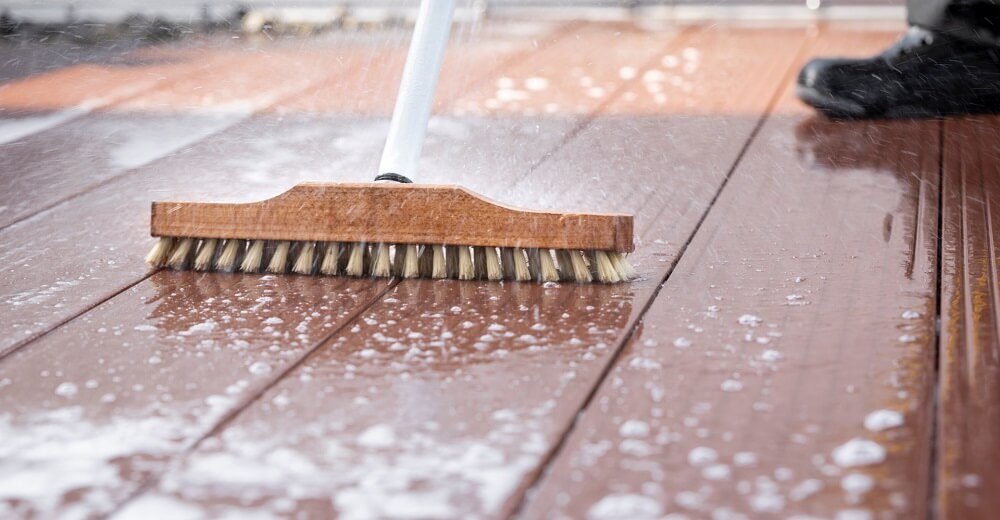We remove oil and grease safely using specialist products and professional pressure washing for lasting results.
Oil stains on your driveway can be more than just an eyesore, they can make your whole home look neglected. Whether the marks came from a parked car, a small leak, or an accidental spill, getting rid of them can feel like an uphill battle. The good news is that removing oil stains from a driveway is easier than you might think once you know the right techniques.
In this article, we’ll show you how to remove oil stains from your driveway effectively, using simple materials you already have at home. You’ll also discover a few professional tricks to make sure the stains don’t come back, keeping your driveway spotless and your curb appeal high.
Before you start: Check the driveway surface
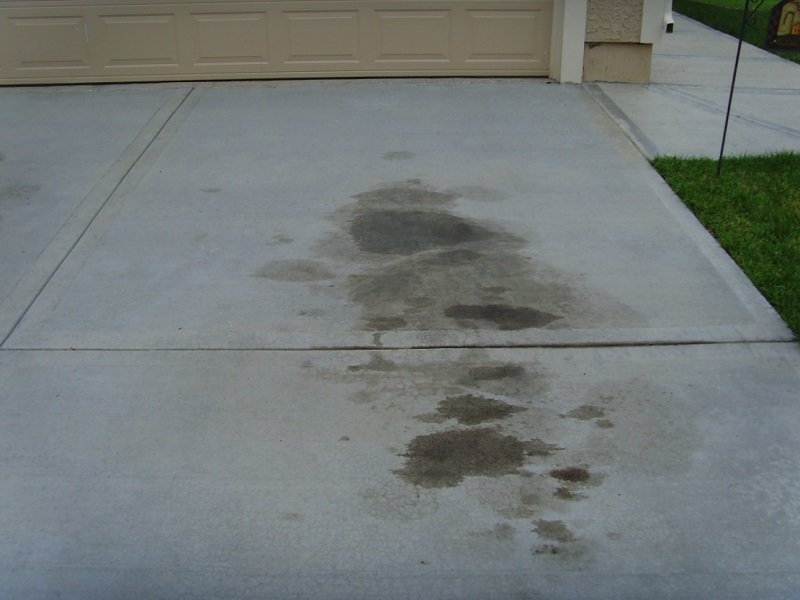
Not all driveways are the same and that means not every cleaning method will work the same way. Each type of surface reacts differently to cleaning products and degreasers. For example, concrete can handle stronger solutions, while asphalt or decorative paving stones may get damaged if exposed to harsh chemicals.
Before you start scrubbing, take a moment to identify what your driveway is made of. The most common materials include:
- Concrete: durable, but porous, absorbs oil quickly.
- Asphalt: softer surface that can be damaged by strong solvents.
- Brick or pavers: may require gentle scrubbing to avoid removing sand or color.
- Natural stone: beautiful but sensitive to acidic or abrasive cleaners.
- Decorative slabs or tiles: often sealed, use only mild detergents to protect the finish.
Once you know your surface type, you can choose the safest and most effective cleaning method.
What You’ll Need Before You Begin:
– A stiff brush or broom.
– A bucket or spray bottle for mixing your cleaning solution.
– Absorbent material (kitty litter, baking soda, or sawdust) for soaking up fresh oil.
– A degreaser or dish soap (depending on the surface).
– Warm water.
– Protective gloves and safety glasses.
– A garden hose or pressure washer (if suitable for your surface).
Preparing the right tools and understanding your driveway material will make the cleaning process faster, safer, and much more effective.
Methods for removing oil stains from your driveway
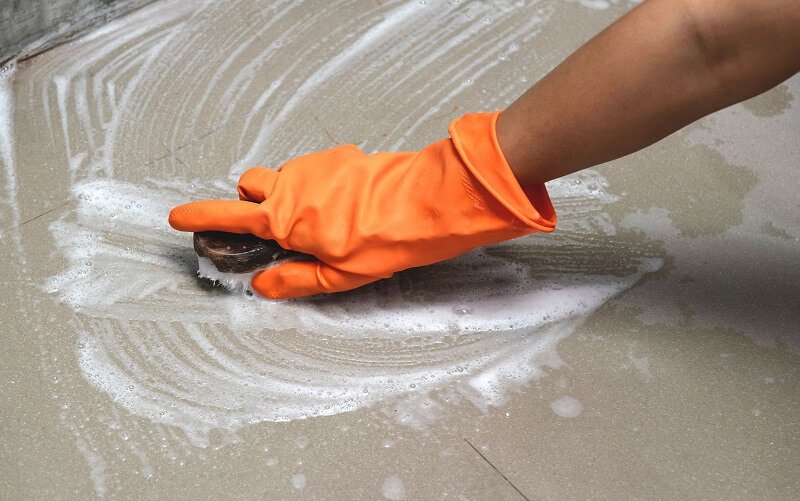
Depending on how old or deep the stains are and what your driveway is made of, there are several effective ways to clean them. From professional pressure washing to simple household tricks, here’s how to tackle every type of oil stain.
Pressure washing for old or stubborn stains
For oil stains that have been sitting for a long time or have soaked deep into the surface, pressure washing is often the most effective solution. In such cases, it’s best to call a professional cleaning service, as they have the right tools and expertise to handle the job safely.
Specialists, such as Bristol Blast Away, use high-performance pressure washing equipment designed to remove tough stains quickly and efficiently. The main advantages include:
Professional-grade equipment capable of cleaning even the most persistent stains.
Fast, visible results, large areas can be restored in just a short session.
Minimal risk of damage, thanks to the correct pressure settings and suitable cleaning agents for each surface type.
This approach works best for concrete, stone, or brick driveways where the stains have deeply penetrated the material.
Eco method for delicate surfaces
If your driveway is made of asphalt, natural stone, or decorative tiles, it’s better to avoid strong chemicals or high-pressure cleaning. A simple and eco-friendly method can be just as effective.
Mix baking soda, white vinegar, and warm water to form a thick paste. Apply it to the oil stain and let it sit for about 20–30 minutes. Gently scrub with a soft brush, then rinse with clean water. This solution lifts the oil without damaging the surface or harming the environment.
Tackling medium stains using WD-40 or a degreaser
For moderate stains, those that are not completely fresh but not too old either, WD-40 or a commercial degreaser works very well. Spray the cleaner directly on the spot and leave it to act for 10-15 minutes. Then scrub with a stiff brush and rinse thoroughly.
Always check the product instructions, especially if you have an asphalt or paver driveway, since some degreasers are too strong for delicate materials.
Removing light stains with dish soap or laundry detergent
Small or recent stains can often be removed using everyday household products. Apply dish soap or laundry detergent directly on the oil spot, add some warm water, and scrub gently with a brush. Let it sit for a few minutes before rinsing thoroughly.
These mild cleaners are safe for most surfaces and help maintain your driveway’s clean look with minimal effort
What to do if the oil stain is fresh
When the oil spill is fresh, quick action makes all the difference.
1. Blot the area with paper towels or an absorbent cloth, avoid wiping, as this can spread the oil.
2. Cover the stain with cat litter, baking soda, or sawdust to absorb the remaining oil.
3. Leave it overnight to soak up the residue, then sweep or vacuum the material away.
Acting fast prevents the oil from seeping deep into the surface, making the cleanup much easier later on.
How to prevent oil stains in the future
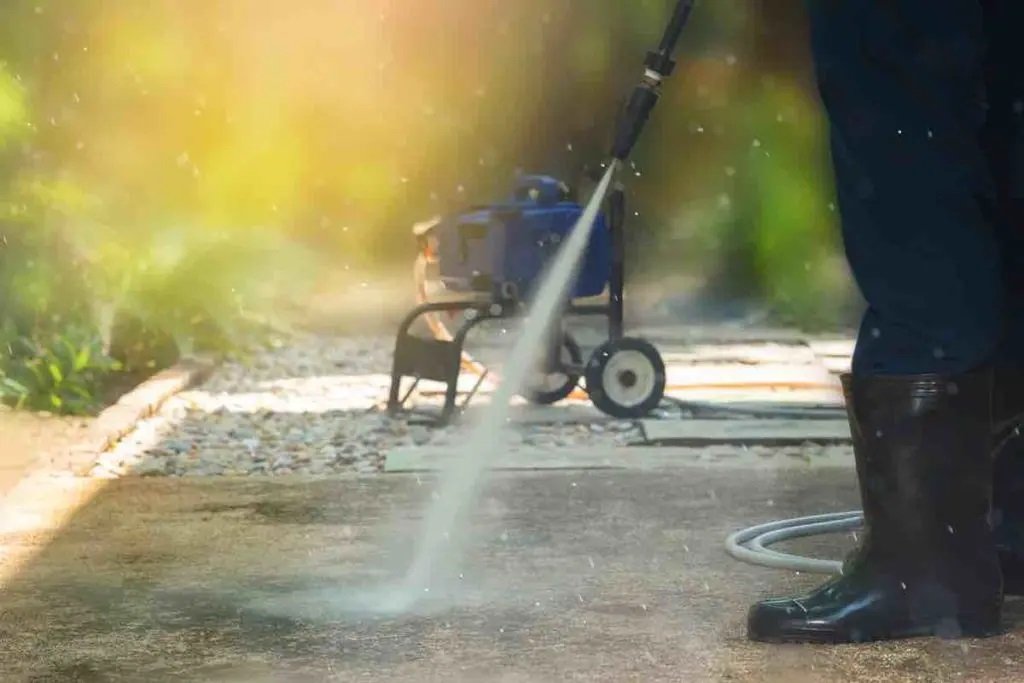
Once you’ve managed to clean your driveway, the next step is keeping it that way. Preventing oil stains is much easier and cheaper than removing them later. A few simple habits and maintenance steps can make a big difference.
1. Regularly check your vehicles for leaks
Most oil stains come from slow, unnoticed drips. Make it a habit to check under your car every few weeks. Fixing small leaks early not only protects your driveway but also saves you money on repairs.
2. Use a drip tray or absorbent mat
If you know a vehicle tends to leak oil, place a drip tray, rubber mat, or absorbent pad under it. These are inexpensive and can be replaced or cleaned easily, keeping your surface spotless.
3. Seal your driveway surface
Applying a protective sealant once every 1–2 years helps prevent oil and other liquids from soaking into the surface. Sealing is especially useful for concrete, pavers, and decorative stone, as it makes cleaning much easier.
4. Clean spills immediately
Even small spills can turn into stubborn stains if ignored. Keep some baking soda, kitty litter, or absorbent powder on hand to tackle accidents as soon as they happen. Acting fast will stop the oil from penetrating the material.
5. Schedule regular cleaning
A simple rinse or light wash every few weeks keeps dirt, dust, and small oil spots from accumulating. If you prefer professional care, consider having your driveway pressure washed once or twice a year for long-term maintenance and protection.
By taking these quick, proactive steps, you’ll not only keep your driveway looking clean but also extend its lifespan, saving time, effort, and money in the long run.
Eco-friendly tips
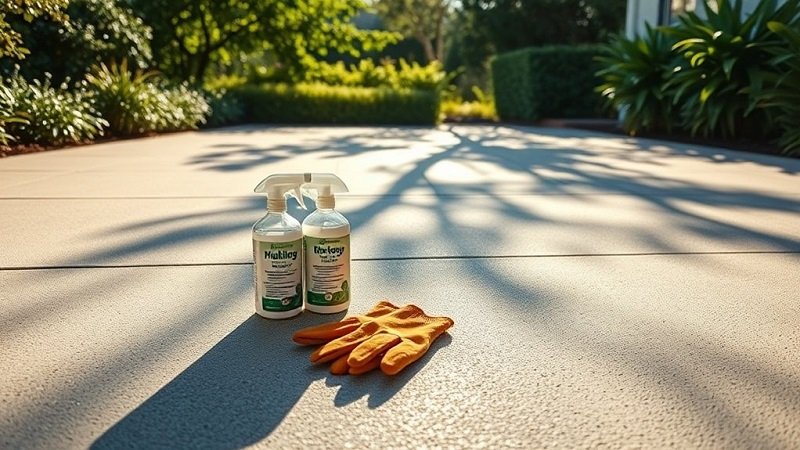
Keeping your driveway clean doesn’t have to come at the expense of the environment. With a few thoughtful choices, you can remove and prevent oil stains while minimizing your ecological footprint. Here are some practical, eco-conscious ways to maintain your driveway responsibly:
1. Choose biodegradable cleaning products
Whenever possible, use biodegradable degreasers or plant-based detergents. These break down naturally without contaminating soil or groundwater, making them safe for pets, plants, and nearby gardens.
2. Avoid letting dirty water run into drains
When rinsing your driveway, try to redirect runoff water onto your lawn or gravel, not into storm drains. Oil residues and chemical cleaners can pollute local waterways if they flow directly into drainage systems.
3. Use natural absorbents
Instead of synthetic powders, go for baking soda, sawdust, or cat litter made from clay or recycled paper. These materials are effective at soaking up oil and can be disposed of safely once dry.
4. Collect and dispose of waste properly
After cleaning, sweep up the used absorbents and cleaning residue and throw them away in sealed bags. Avoid washing them into the street or garden. Proper disposal keeps harmful residues out of the soil.
5. Limit chemical use through regular upkeep
A well-maintained driveway needs fewer harsh treatments. Routine rinsing and spot cleaning with natural products help prevent buildup and reduce the need for stronger cleaners later on.
By combining eco-friendly methods with regular maintenance, you’ll protect both your property and the environment, keeping your driveway spotless and sustainable at the same time.
When to call the professionals
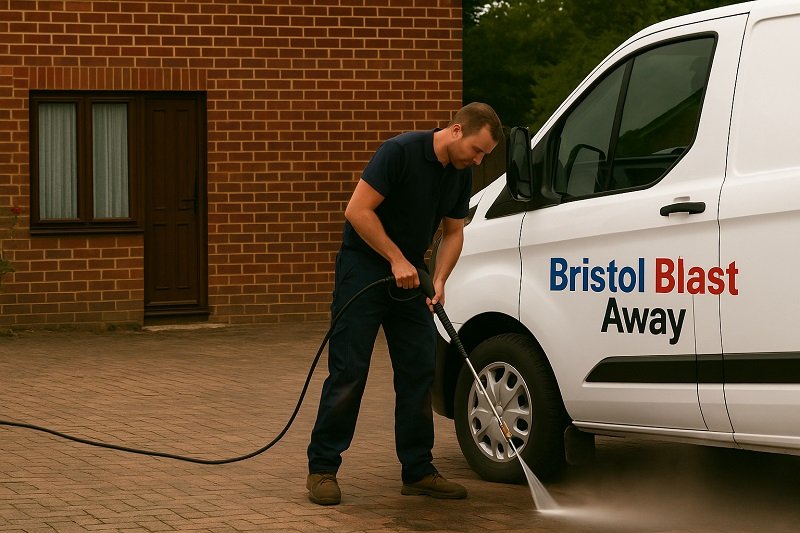
Sometimes, even after trying every trick in the book, those dark oil stains just won’t go away. And that’s perfectly fine, some stains are simply too deep or too old to handle with home remedies. When that happens, it’s time to let the professionals step in.
If you’re in or around Bristol, the team at Bristol Blast Away is a great example of what a proper driveway cleaning service looks like. They’ve built a solid reputation for bringing even the dullest, most stained driveways back to life.
What sets them apart is their combination of experience, professional equipment, and attention to detail. They use high-pressure cleaning systems that can safely lift stubborn oil stains without damaging the surface underneath, whether it’s concrete, paving stones, or decorative slabs. The result? A driveway that looks refreshed, not just cleaned.
People appreciate their friendly, down-to-earth approach too. The Bristol Blast Away team takes the time to inspect each surface before starting, choosing the right pressure and cleaning solution so that nothing gets damaged.
You might want to call a professional team like theirs when:
– The stains are old, widespread, or have soaked deep into the surface.
– Your driveway is made of decorative or delicate materials that need extra care.
– You’ve already tried home cleaning methods, but the marks keep coming back.
– You simply want a perfect, even finish without risking damage or wasting time.
Professional cleaning isn’t just about removing stains, it’s about restoring the look and value of your property.
FAQs about removing oil stains from a driveway

We get it, cleaning oil stains can feel confusing, and everyone seems to have a different piece of advice. To make things easier, we’ve answered some of the most common questions people have about oil stain removal and driveway maintenance.
1. Will oil stains ruin my driveway if I leave them too long?
Yes, they can. Oil seeps deep into porous materials like concrete or brick, causing dark patches that are difficult to remove later. Over time, it can also weaken sealants and attract more dirt, making the surface look permanently discolored. The sooner you act, the better your chances of restoring the original look.
2. How soon should I clean an oil spill before it stains?
Immediately, if possible. The first few minutes are crucial, fresh oil is easy to absorb with materials like cat litter or baking soda. Once it’s soaked in and dried, it becomes much harder to lift.
3. Can I use a pressure washer on any type of driveway?
Not on every surface. Concrete and brick can usually handle pressure washing, but asphalt, decorative tiles, or natural stone can be damaged by high pressure. If you’re unsure, start on a low setting or ask a professional cleaning service to handle it safely.
4. Can I use stuff like vinegar or bleach to clean oil stains?
Vinegar can help in small doses, especially when mixed with baking soda, but bleach is not recommended. It can discolor surfaces, harm plants nearby, and isn’t very effective at breaking down oil. Stick with mild degreasers, dish soap, or eco-friendly solutions instead.
5. Does rain help wash away oil stains, or make them worse?
Unfortunately, rain usually makes things worse. It can spread the oil and carry it into cracks or drains, creating a bigger mess. Always try to clean up an oil spill before it rains to prevent it from spreading further.
Oil stains don’t have to be permanent. With the right approach, whether it’s quick home cleaning or professional driveway treatment, you can restore your driveway’s clean, fresh look. Acting fast, using the right products for your surface, and keeping up with regular maintenance will make a huge difference in the long run.
And if the stains are too stubborn or the surface too delicate, don’t hesitate to reach out to a local specialist like Bristol Blast Away. Sometimes, a professional touch is all it takes to make your driveway look brand new again.

